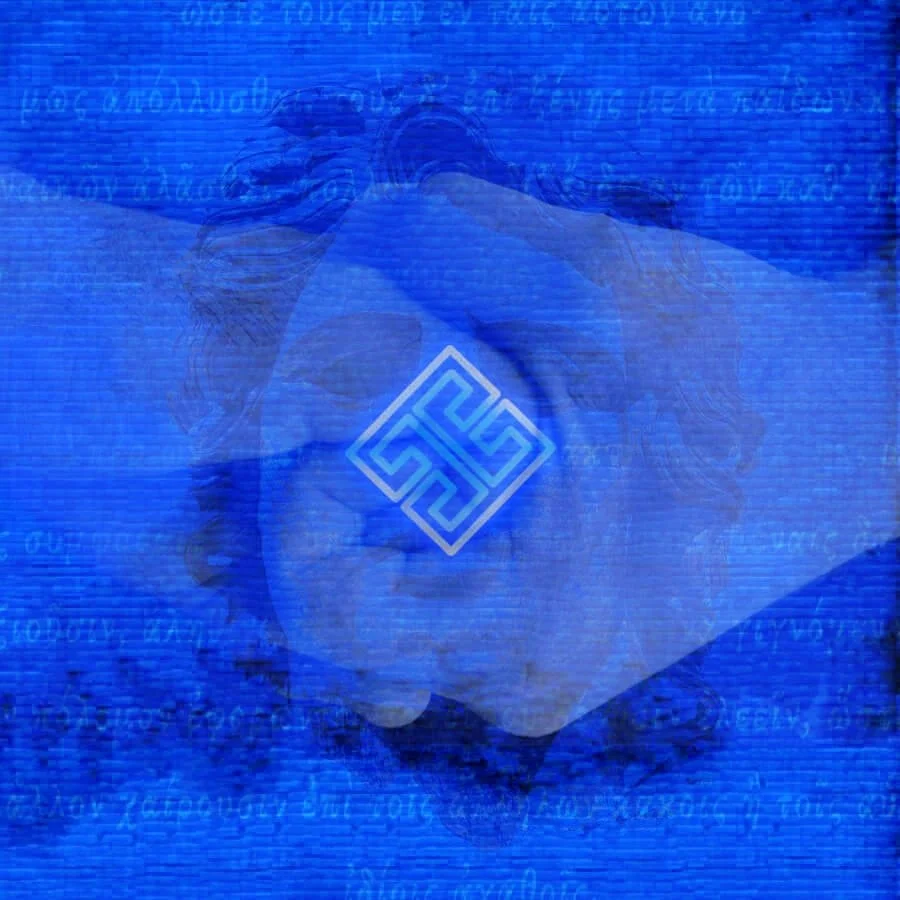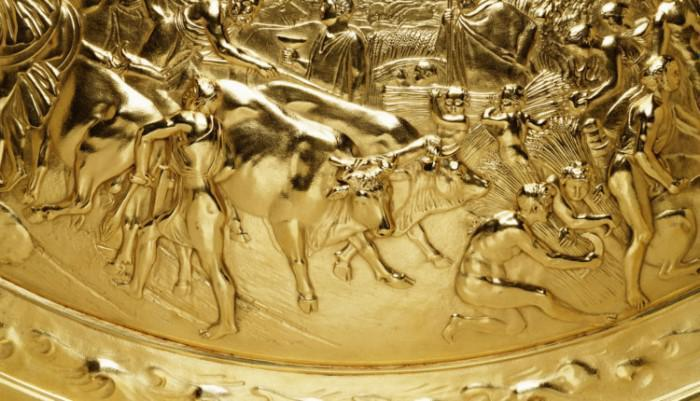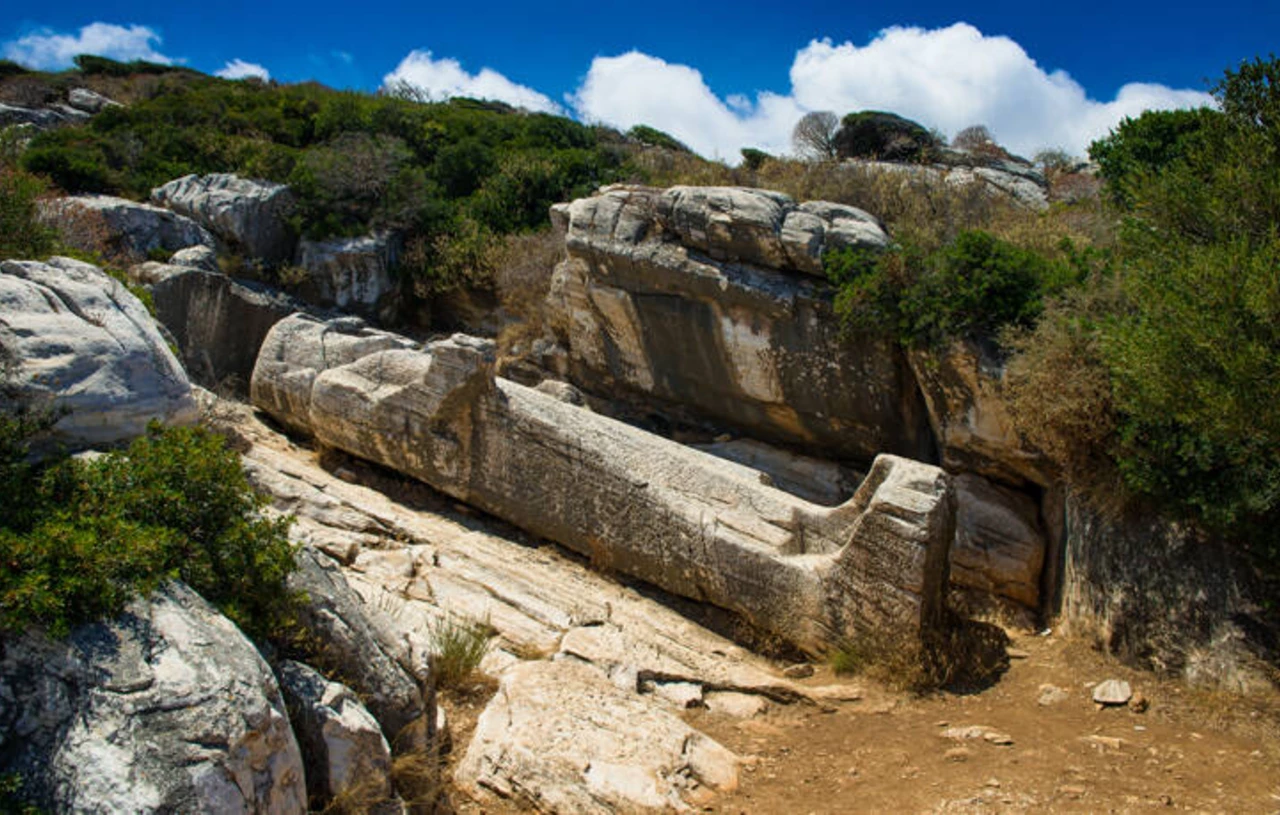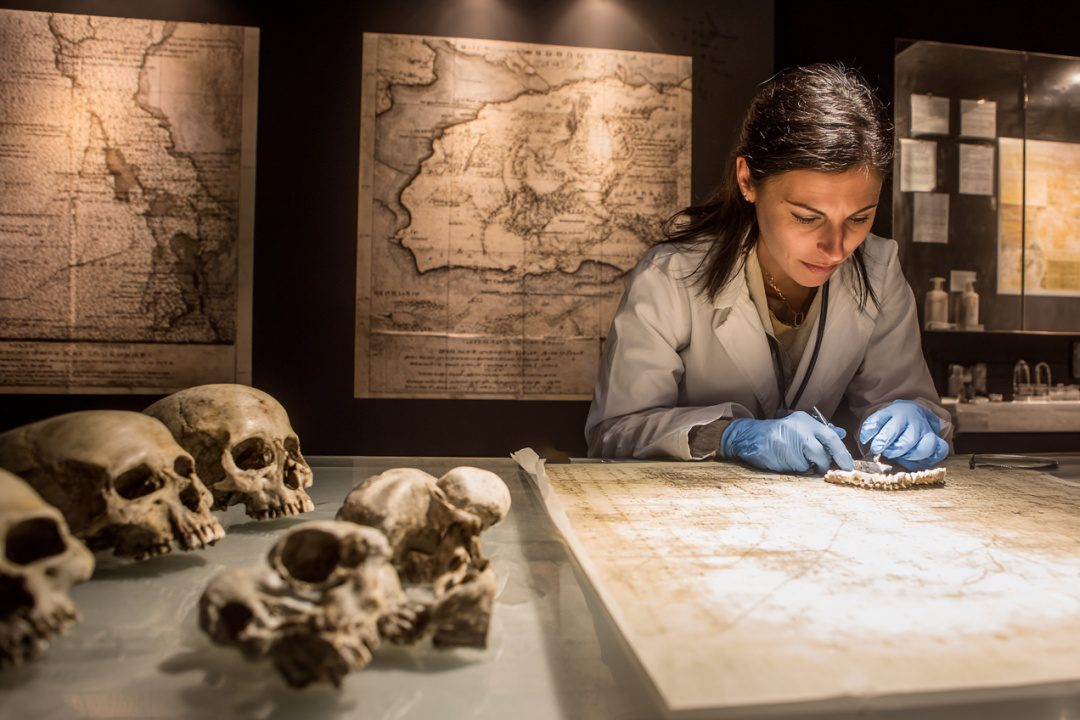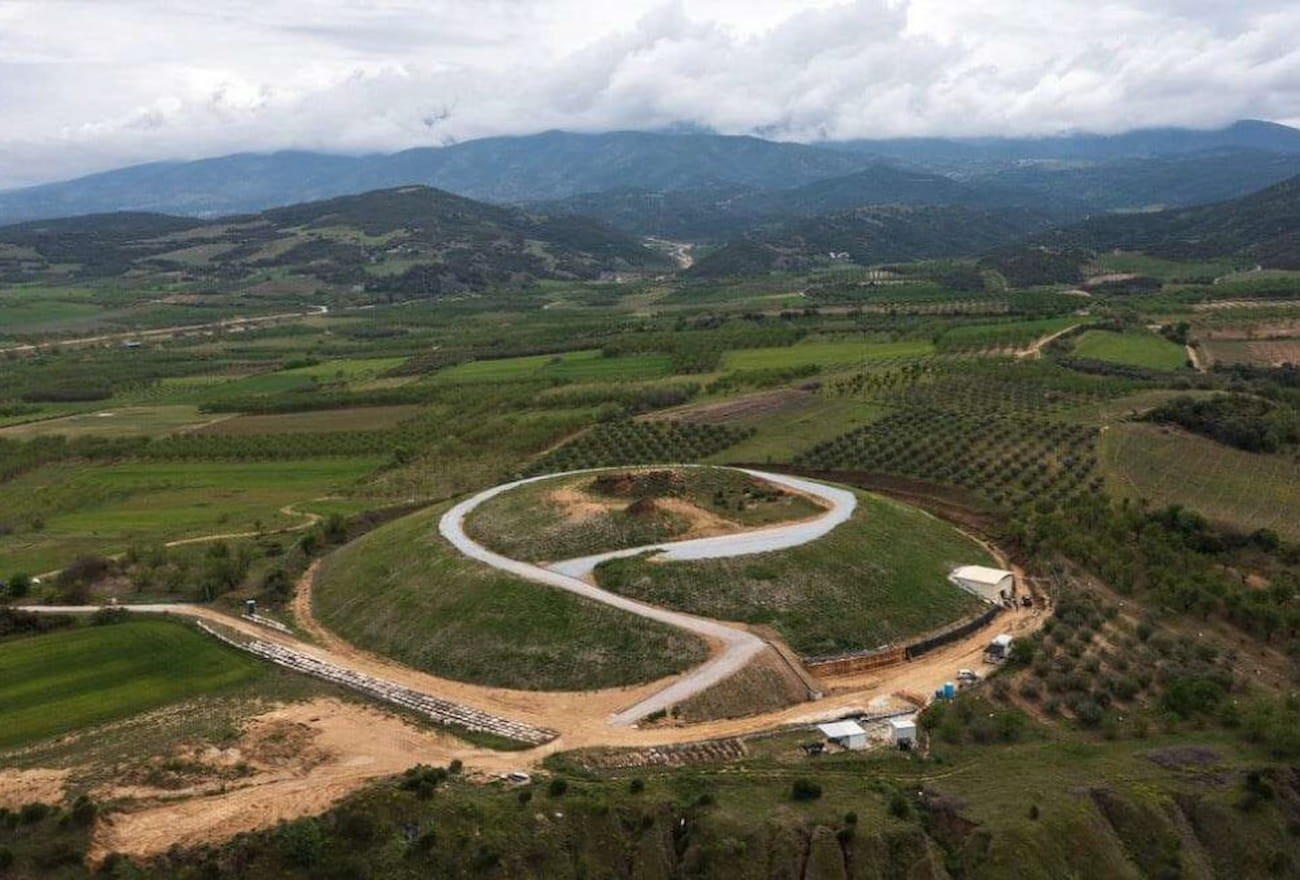Introduction
Few sea monsters have captured the human imagination like the Kraken, a legendary creature said to dwell in the deep waters of the North Atlantic. Often described as a colossal, tentacled beast capable of dragging entire ships into the abyss, the Kraken has its origins in Norse mythology and Scandinavian maritime folklore. This article explores the legend of the Kraken, its historical roots, and its enduring influence on seafaring traditions and modern pop culture.
Origins of the Kraken Myth
The Kraken legend can be traced back to Scandinavian seafarers, particularly Norse sailors who navigated the treacherous waters of the North Atlantic. The first detailed descriptions of the Kraken appear in Nordic sagas and medieval manuscripts, where the creature is depicted as an enormous sea monster lurking off the coasts of Norway and Greenland.
Early Accounts in Norse Literature
13th-century Icelandic Texts: The Konungs skuggsjá (King’s Mirror), a Norwegian educational text from the 13th century, describes massive sea creatures capable of creating dangerous whirlpools by submerging suddenly.
The Writings of Erik Pontoppidan: In the 18th century, Norwegian bishop Erik Pontoppidan popularized the Kraken legend in his book The Natural History of Norway (1752), portraying it as a monstrous cephalopod.
Influences from Giant Squid Sightings: Some scholars suggest that Kraken legends may have been inspired by encounters with giant squids (Architeuthis dux), which can grow over 40 feet long and have been found in deep ocean waters.
The Kraken in Maritime Folklore
Throughout history, sailors have passed down terrifying tales of encounters with the Kraken, reinforcing its reputation as a deadly threat to ships. The legend served multiple purposes in maritime culture:
Explaining Mysterious Disappearances: Sudden shipwrecks and unexplained losses at sea were often attributed to Kraken attacks.
Cautionary Tales: Stories of the Kraken were used to warn sailors about the perils of venturing too far into uncharted waters.
Symbol of the Unknown: The Kraken embodied the dangers of the deep sea, representing humanity’s fear of the unexplored ocean depths.
Common Features of Kraken Legends
The Kraken was often described as a gigantic cephalopod, resembling an octopus or squid.
It was said to create massive whirlpools, pulling ships underwater.
Some accounts suggested the Kraken’s appearance signaled abundant fish, leading some fishermen to follow rather than flee the beast.
The Kraken’s Influence on Popular Culture
Over time, the Kraken evolved from a seafarers' nightmare into a beloved mythical monster featured in literature, film, and modern media. Some notable examples include:
Literature: The Kraken appears in Alfred Lord Tennyson’s 1830 poem The Kraken, which depicts the creature lying dormant beneath the sea.
Movies and Television: The Kraken is famously featured in films like Pirates of the Caribbean: Dead Man’s Chest (2006), where it serves as a fearsome antagonist.
Video Games: Popular games such as Assassin’s Creed: Black Flag and Sea of Thieves include Kraken encounters, reinforcing its legendary status.
Modern Mythology: The phrase "Release the Kraken!" has become a widely recognized pop culture reference, further cementing the creature’s place in modern storytelling.
Conclusion
The Kraken remains one of the most enduring sea legends, originating from Norse mythology and expanding into global maritime folklore. Whether inspired by real-life giant squids or entirely fictional, the Kraken symbolizes the vast, mysterious, and often terrifying power of the ocean. Today, it continues to inspire artists, storytellers, and mythologists, proving that some legends never fade into the depths.


